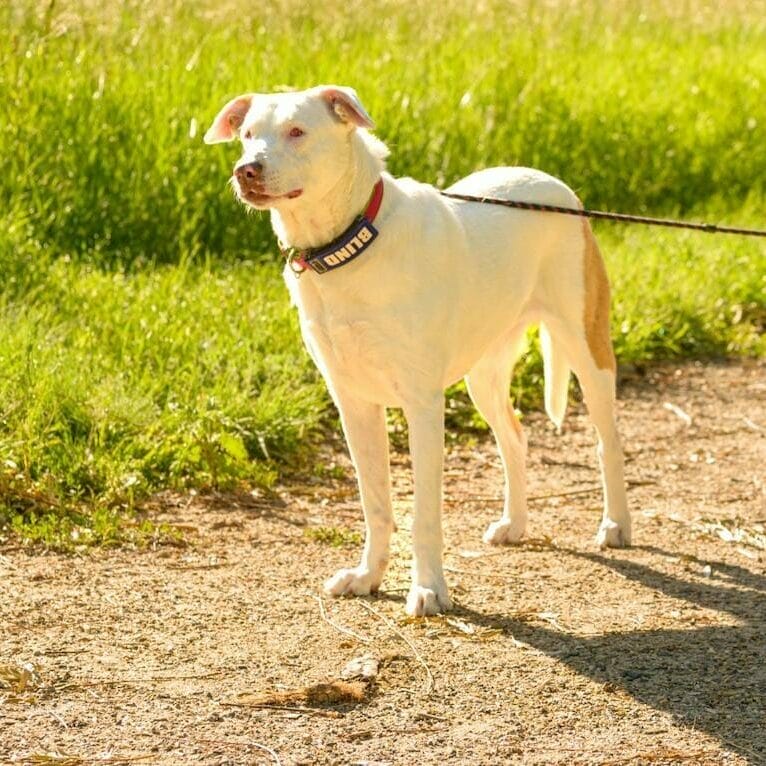Why is the frequency of brushing important for preventing dental issues in dogs?
Dogs, frequently called "man's best friend," depend on us for their health, and dental care is often disregarded. Dogs may have a variety of dental problems, just like people, therefore regular brushing is an important preventive step. This article will discuss the need of cleaning our pets' teeth on a regular basis in order to avoid dental problems.

Dental Problems in Canines:
Dogs often have dental issues, which may have a serious effect on their general health. Neglecting oral hygiene in dogs may lead to many problems such as tooth decay, gingivitis, and periodontal disease. If these disorders are not handled, they may result in discomfort, trouble eating, and even more serious health concerns.
Tartar and Plaque Buildup:
The buildup of plaque and tartar on canines' teeth is one of the main causes of dental issues. If left unchecked, plaque—a sticky layer of bacteria—forms on teeth and eventually turns into tartar. Gum disease and tooth decay are caused by both plaque and tartar. Brushing on a regular basis promotes healthier gums and teeth by preventing the accumulation of these dangerous compounds.
Poor Breath:
The problem of dealing with their dog's foul breath is one that many dog owners are acquainted with. Even while recurrent poor breath in dogs is often written off as a characteristic of the breed, it might indicate underlying dental problems. Frequent brushing helps your dog's mouth stay healthy and have fresher breath by getting rid of the germs that create odor.
It's Frequency That Matters:
Regular brushing is essential to keeping dogs' teeth in the best possible condition. Dogs are more prone to dental issues because, unlike people, they do not follow a regular tooth care regimen. Veterinarians advise brushing your dog's teeth at least twice or three times a week. Maintaining this habit lowers the risk of more serious dental problems by preventing the accumulation of plaque and tartar.
Selecting the Appropriate Instruments:
It's crucial to choose the right toothbrushes for your dog's teeth. It is recommended to use toothpaste and toothbrushes made especially for dogs. Choosing toothpaste made especially for canine dental care is essential since human toothpaste includes components that might be toxic to dogs if consumed. Your pet will also find the experience more pleasant if you use a toothbrush with soft bristles.
Instruction and Forbearance:
It could take some time and care to teach your dog the value of cleaning their teeth. Making the experience enjoyable with rewards, compliments, and a slow approach acclimation is crucial. Your dog will be more cooperative overall and the work will be simpler for you both if you establish a pattern and make brushing a joyful experience.
Conclusion:
In order to keep dogs' teeth healthy, brushing frequently is essential. Dog owners may make a big difference in the general health and wellbeing of their pet by starting a regular brushing practice. Use the right equipment, be patient throughout training, and talk to your doctor about your dog's oral health. The answer to "How often should you brush your dogs teeth?" is simple: make it a regular part of their care regimen for a happier, healthier life.